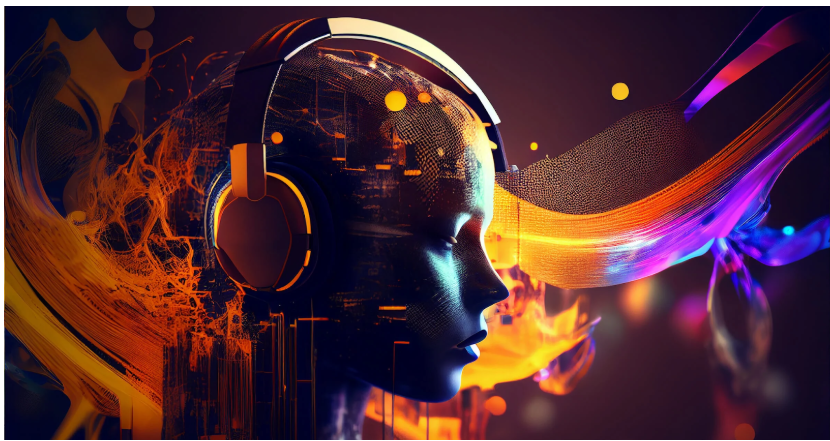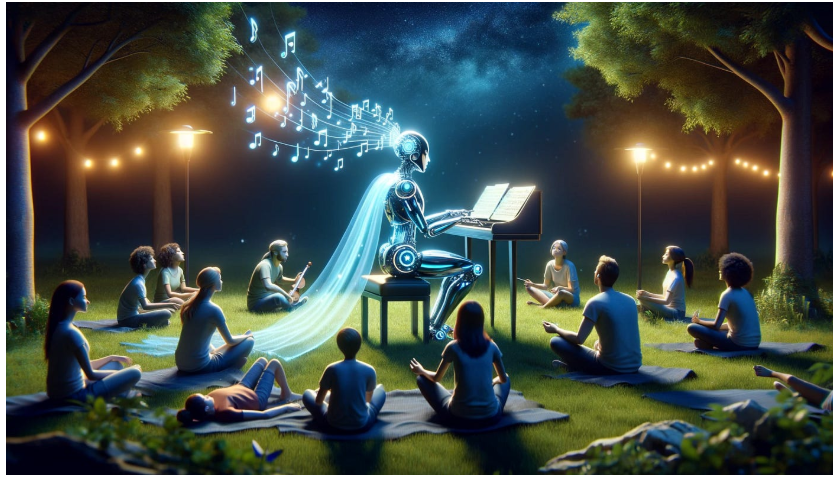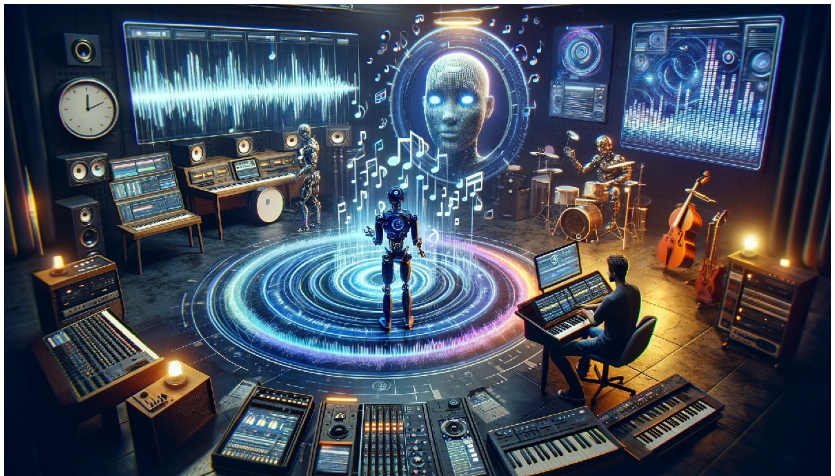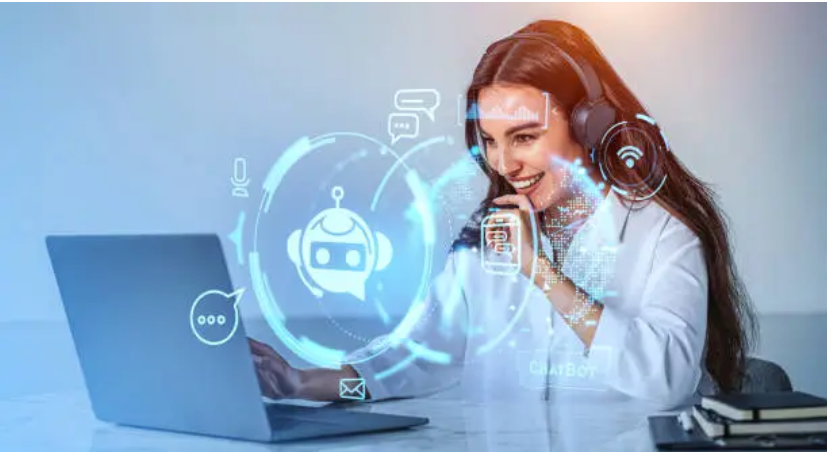Introduction to AI in Music
Artificial Intelligence (AI) is transforming the music industry by enabling new forms of creativity, enhancing music production, and redefining how music is composed, mixed, and consumed. With the power to analyze large datasets and mimic human-like composition, AI is rapidly becoming an indispensable tool for musicians, producers, and listeners.
AI-Powered Music Composition
One of the most remarkable breakthroughs in AI music is its ability to compose original music. Tools like AIVA, Amper Music, and Google’s Magenta use machine learning algorithms to generate compositions in various styles and genres. These systems analyze thousands of music scores to learn the patterns, harmonies, and structures needed to create music that sounds human-made.
Real-Time Music Generation and Performance
AI systems are now capable of generating music in real time during live performances. Musicians can interact with AI to co-create dynamic pieces on stage, blending human expression with algorithmic creativity. This fusion opens up new possibilities in improvisation and interactive music experiences.
AI in Music Production and Mixing
AI tools are revolutionizing music production by automating complex tasks like mastering, audio enhancement, and sound design. Platforms like LANDR use AI to master tracks with professional quality, while others help producers optimize sound levels, detect anomalies, and improve mix quality efficiently.
Personalized Music Recommendation Systems
Streaming platforms rely heavily on AI for personalized music recommendations. Machine learning algorithms analyze user behavior, preferences, and listening habits to suggest songs that match individual tastes. This has greatly improved user engagement and discovery of new music.
Voice and Instrument Imitation
AI can now replicate human voices and musical instruments with astonishing accuracy. Deep learning models can generate realistic vocal performances and simulate a wide range of instruments, allowing producers to experiment with different sounds without needing physical instruments or vocalists.
Enhancing Music Education
AI is also making strides in music education. Intelligent tutoring systems offer real-time feedback on performance, pitch, and rhythm, helping learners improve faster. Apps powered by AI can analyze a student’s playing and provide personalized learning paths.
Ethical and Creative Implications
Despite the advancements, AI in music raises ethical questions about originality, authorship, and the future role of human musicians. While AI can enhance creativity, it also challenges traditional notions of artistic creation. Musicians and technologists must work together to strike a balance between innovation and artistic integrity.
Conclusion
AI has ushered in a new era in music, marked by innovation, accessibility, and collaboration between humans and machines. As AI continues to evolve, its role in music will likely expand, offering both exciting opportunities and complex challenges for the industry.






Leave feedback about this